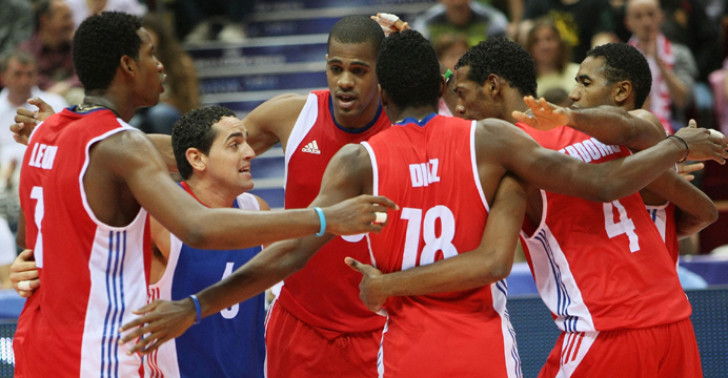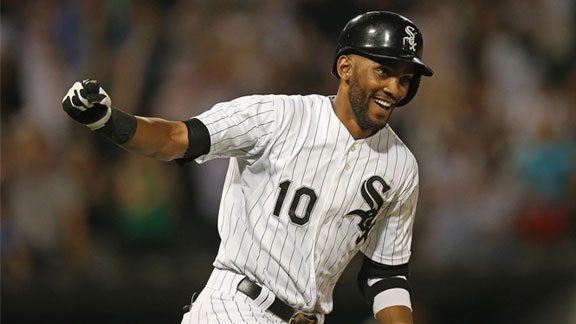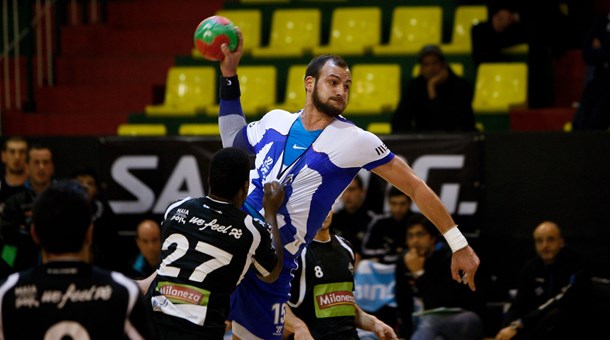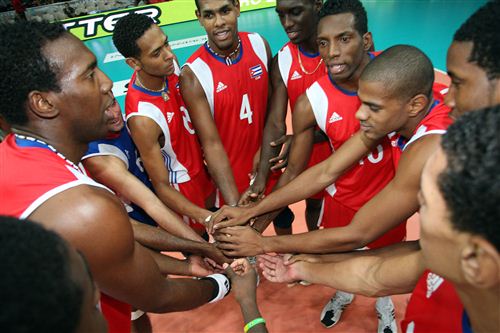
Cuban sports: Playing under their own flag
HAVANA — Perhaps unintentionally, Dayron Robles and Norberto González have set encouraging precedents.
These two athletes, who at one time chose to try their luck outside Cuba, have returned this year to compete under the flag of their native country. Norberto will be present at baseball’s Premier 12. Dayron is training at Pan-American Stadium with the other members of the national athletics team.
Of itself, this situation does not seem like the year’s greatest news. Besides, because of the small number of athletes in question, it might go unnoticed, overshadowed by the hiring of Cuban athletes abroad in the past several months, which the public and the media have followed with greater interest.
So, why pay attention to two men who — because of their age and their recent performances — have seen the best years of their sports careers slip by? What makes their return special?
The answer is simple. What’s singular in the cases of Robles and González is their “reincorporation” to Cuban sports life after spending more than one year without any contact with their respective national federations. What’s peculiar about this procedure is that it opens a door that, for decades, was kept shut and padlocked.
The dream of competing for Cuba
For the past 25 years, the constant emigration of Cuban athletes has been one of the main causes, if not THE main cause, of the decline in the competitive level of collective sports and the predictable drop in the results at the main international contests.
Illegal departures from the island, resignations from a team, defection from delegations — all those variants had a common denominator: a one-way ticket out.
However, many of the players who made those decisions expressed on multiple occasions their absolute willingness to play for the national teams at any top-level event. They left for other lands but always kept alive the hope that they could play under their own flag.
Examples of such behavior, and statements to that effect, are numerous and encompass disciplines such as baseball, handball, basketball, and volleyball. But, until today, it seemed that all these aspirations irremediably crashed into a wall and failed to get an answer. And I say “until today” because Robles and González have demonstrated that that wall is not unsurmountable.
In addition, at a meeting Oct. 29 with the sports media, Jorge Polo, vice president of the National Institute of Sports, Physical Education and Recreation (INDER), explained that those situations “are issues that are being evaluated within the improvements for the Cuban sports system.”
Regarding the existence of a large number of athletes who have publicly expressed their desire to compete again for Cuba, Polo said that the cases of Robles and González prove that the national federations are willing to evaluate such requests, so long as they come from athletes who did not quit their delegations.
“There are athletes who defected in the middle of international events. We are not considering them as representatives of Cuba,” said Polo. The attitude for those who emigrated from Cuba by adhering to the nation’s laws is quite different, he added.
In that sense, the sports authorities would have to evaluate the case of other athletes — basically baseball players — who left the island illegally, because, while they didn’t follow Cuba’s emigration laws, they don’t fit the description of defectors from national delegations.

This is an issue that needs to be resolved, because in this so-called category we find many of the big stars of Cuban baseball in Major League Baseball. Suffice to say that, of the 20-some Cuban-born players on the MLB rosters, only Alexei Rodríguez of the Chicago White Sox left Cuba by illegal means.
In that limbo, which can be left behind only by a formal petition for reinstatement, we find men like Yoenis Céspedes, Kendry Morales, José Dariel Abreu, Jorge Soler, Yasmany Tomás, Rusney Castillo and Yasiel Puig.
Meanwhile, in other sports, such as volleyball, the situation is a lot simpler, because most of the men have left the country in compliance with the emigration laws. Such are the cases of Robertlandy Simón, Wilfredo León, Yoandy Leal, Raidel Hierrezuelo, Oreol Camejo and Fernando Hernández.
In any case, Polo said, an interested athlete who meets the current “criterion of eligibility” must submit a formal, written application to the Cuban sports authorities, who will consider his or her request.
With the exception of Robles and González, “no athlete so far has sent a letter to Cuba, saying that he intends to play” for a national team, Polo says.
That assertion clashes with an interview published in 2013, in which volleyball player Fernando Hernández said that “the national commissioner, Ariel Sáinz, phoned me, because they were calling players who did not affect the team by abandoning it.
“I told him that I was ready to return because I never left. I signed up in Japan because I wished to continue playing volleyball, something that I couldn’t do here.
“They also called Raidel Hierrezuelo and Osmany Juantorena, but I don’t know if they came to some agreement with Juantorena, who is the best in the world. I know that they’re considering talking to other players, such as Yoandy Leal and Henry Bell.”

Beyond any possible disagreements, the plain reality is that separation would be the worst option. Cuban sports, Cuban society in general, is engaged in a profound change, not just a structural alteration.
At every step we find a nation that is trying to rebuild bridges to establish cordial ties to its émigrés so as to build a solid country and sustain a nationality that will surpass geographic barriers, as it always should have been.
Perhaps it is only a mirage, an opportunity that will be underutilized as so many others, but the mere fact that petitions of this type are being considered opens a window of hope for the long-hoped-for normalization of Cuba with its sports diaspora.
At this point, Dayron Robles and Norberto González personify the fact that the doors are starting to open.
At least, that’s what I choose to believe.
Progreso Weekly authorizes the total or partial reproduction of the articles by our journalists, so long as source and author are identified.



